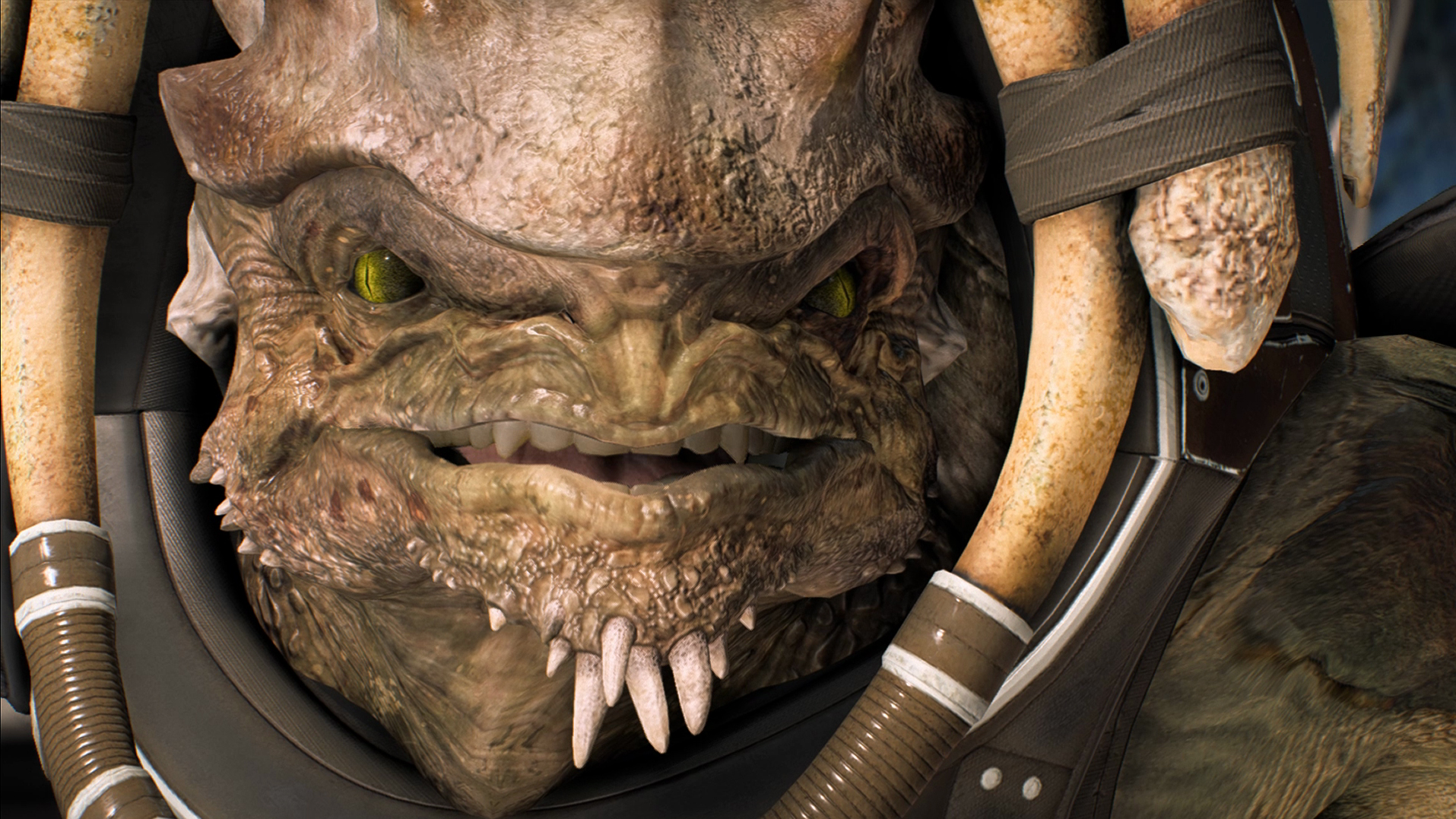Most of Mass Effect: Andromeda was developed in just 18 months, report says
The report indicates that most of the game's development took place over just 18 months.

Mass Effect: Andromeda, simply put, did not live up to expectations. It suffered from a number of glaring technical issues, and even more importantly, it failed to capture the sweep and spirit of the original trilogy. An in-depth examination of its "turbulent" development now up on Kotaku reveals a project that was plagued by serious issues almost right from the start, ranging from troubles with technology to sky-high ambitions that simply couldn't be met.
The commitment to the Frostbite engine was a major problem, as one developer compared it to an F1 race car that goes like hell on the track and is virtually useless everywhere else. The Edmonton and Montreal studios clashed, leading to numerous departures including that of director Casey Hudson, which had a tremendous impact on the direction of the game. Tools were lacking and inconsistent, and a plan to rely on procedural planet generation to create a galaxy filled with hundreds of worlds—"No Man’s Sky with BioWare graphics and story,” is how one developer described it—didn't work out but remained the go-to idea until the end of 2015.
That leads to what is probably the most interesting, and unexpected, aspect of the story: "Almost every" developer who spoke to Kotaku said that most of Mass Effect: Andromeda was developed in the final year-and-a-half of its cycle, between the end of 2015 and its release in March 2017. "It really wasn’t until Mac Walters came on board—and that was very much a reaction to the state of the critical path—he was really brought on board to give it direction and get it into shape,” one said. "Before that it was quite rudderless."
One developer interviewed for the report disputed that claim, saying that the final release was not too far off from early concepts, but multiple others stated that the crunch cycle was the worst they'd ever endured, and the usual time spent on polish prior to release just wasn't available.
“We’ll put something together, and it’s been bug tested and signed off and approved,” one developer said. “We’d say, ‘OK, we can now move on from that to the next thing.’ And while our backs are turned, what we’d just put together falls apart.”
It's an unhappy story because of the troubled development at a highly-regarded studio it details, but also because so much of it was driven by simple overreach: BioWare and EA set out determined to top the original Mass Effect trilogy, but that determination forced stumbles that could, and should, have been avoided. But it's also a very impressive behind-the-scenes look at one of the biggest videogame letdowns in recent years, and well worth a read in full at Kotaku.
The biggest gaming news, reviews and hardware deals
Keep up to date with the most important stories and the best deals, as picked by the PC Gamer team.

Andy has been gaming on PCs from the very beginning, starting as a youngster with text adventures and primitive action games on a cassette-based TRS80. From there he graduated to the glory days of Sierra Online adventures and Microprose sims, ran a local BBS, learned how to build PCs, and developed a longstanding love of RPGs, immersive sims, and shooters. He began writing videogame news in 2007 for The Escapist and somehow managed to avoid getting fired until 2014, when he joined the storied ranks of PC Gamer. He covers all aspects of the industry, from new game announcements and patch notes to legal disputes, Twitch beefs, esports, and Henry Cavill. Lots of Henry Cavill.

